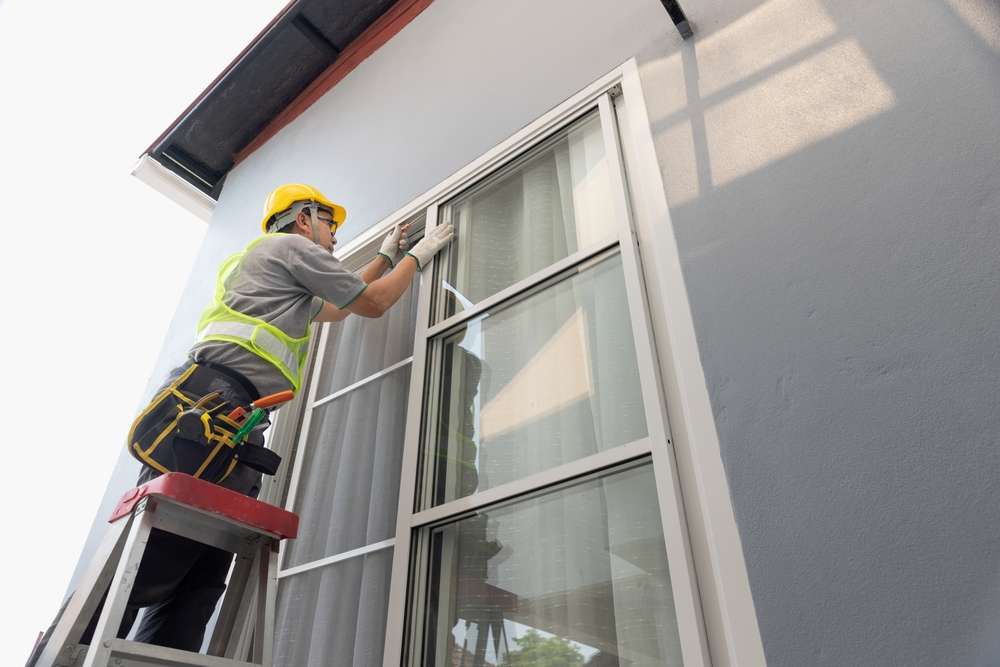Roofing services: what to expect and how they work
A roofing project can affect a home’s safety, energy efficiency and long-term maintenance needs. Whether you need a minor repair after a storm, a full replacement, or routine inspection, understanding the typical scope of roofing services helps you make informed decisions. This article explains common roofing tasks, how contractors operate, material options, and practical maintenance and warranty considerations. It also covers how to find reliable local services and what to expect from the process, helping homeowners and property managers in the UK assess options and communicate effectively with tradespeople.

What do roofing services include?
Roofing services cover a wide range of tasks from small fixes to complete installations. Common offerings include roof inspections, leak diagnosis and repair, tile or slate replacement, flat roof membrane installation, gutter and flashings work, and full reroofing. Many contractors also provide attic ventilation assessment and insulation upgrades that affect roof performance. For emergency response, some firms offer temporary weatherproofing to limit interior damage before a permanent repair. When requesting quotes, ask for a clear scope of work, exclusion list, and details on materials and warranties.
How to choose a roofing contractor?
Selecting a contractor involves checking qualifications, insurance and local reputation. Confirm that firms carry employers’ liability and public liability insurance, and ask for proof of trade qualifications or manufacturer certifications for specific materials. Look for references or recent project photos, and check local services directories or trade association membership. Request multiple written estimates and compare not only price but scope, timeline and warranty terms. Clear communication about access, site protection and waste disposal should be included in the contract to avoid misunderstandings on site.
What roofing materials are commonly used?
In the UK, common pitched roof materials include concrete tiles, clay tiles and natural slate; metal roofs and single-ply membranes are often used for modern or commercial projects. Flat roofs typically use felt (torch-on), EPDM rubber, PVC or liquid-applied coatings. Material choice depends on the building’s structure, budget, aesthetics and lifespan expectations: natural slate can last many decades, while some single-ply membranes offer easier installation and maintenance. Consider local climate, roof pitch and planning or conservation area restrictions when selecting materials for durability and compliance.
What is the typical process and timeline?
A standard roofing job begins with an inspection and quote, followed by scheduling, site preparation and the works themselves. Small repairs can be completed in a day, while full replacements often take several days to a few weeks depending on roof size and complexity. Contractors should protect gardens and communal access, set up waste containment and remove old materials safely. After installation, they complete finishing details such as flashing, gutter reconnection and a final inspection. Allow extra time in schedules for unexpected issues like rotten timber or uncovering additional damage.
Maintenance and warranty considerations
Routine maintenance extends a roof’s service life: gutter clearing, removal of moss or debris, and annual inspections catch problems early. Ask about warranty coverage for both materials and workmanship; manufacturers and contractors typically offer separate guarantees. Understand what routine maintenance you must carry out to keep warranties valid, and retain documentation for any future claims. For leasehold or multi‑unit properties, ensure responsibility for maintenance is clear in management agreements to prevent delayed repairs and worsening damage.
How to find and evaluate local services?
Start by searching for experienced roofing contractors that operate in your area and request at least three detailed quotes. Check online reviews and, if possible, view recent projects in person or via the contractor’s portfolio. Ask specific questions about insurance, health and safety practices, material brand names, disposal of old roofing materials and whether subcontractors will be used. For older or listed properties, confirm the contractor’s experience with heritage or conservation work. Clear written contracts and a schedule of works reduce disputes and help compare options on equal terms.
Conclusion
Roofing services range from quick repairs to full replacements and involve decisions about materials, contractors and ongoing maintenance. Preparing informed questions, checking insurance and references, and comparing detailed written estimates helps homeowners and property managers choose appropriate local services. Regular inspections and timely minor repairs are often more cost‑effective than postponing work until major intervention is required.



